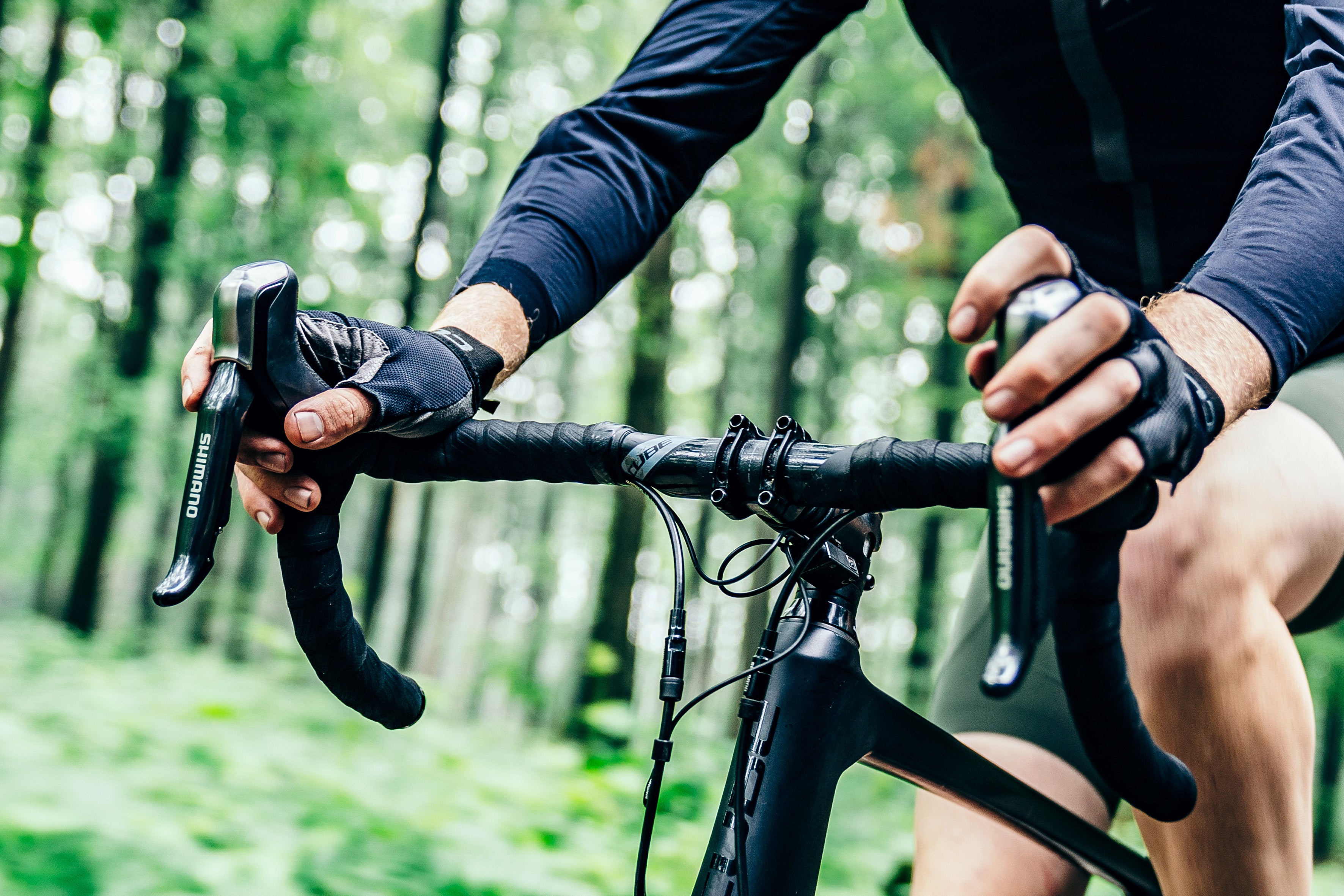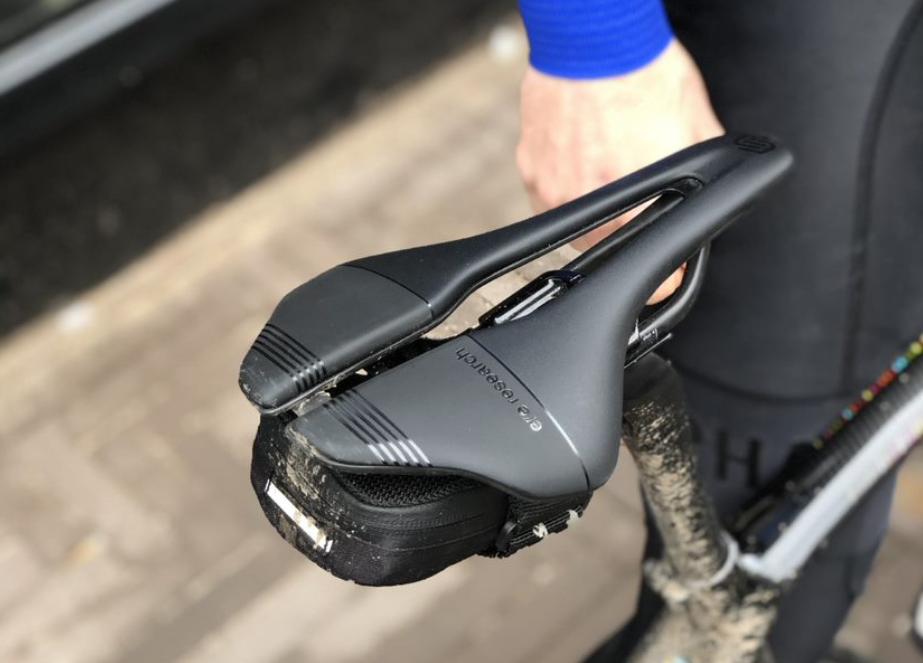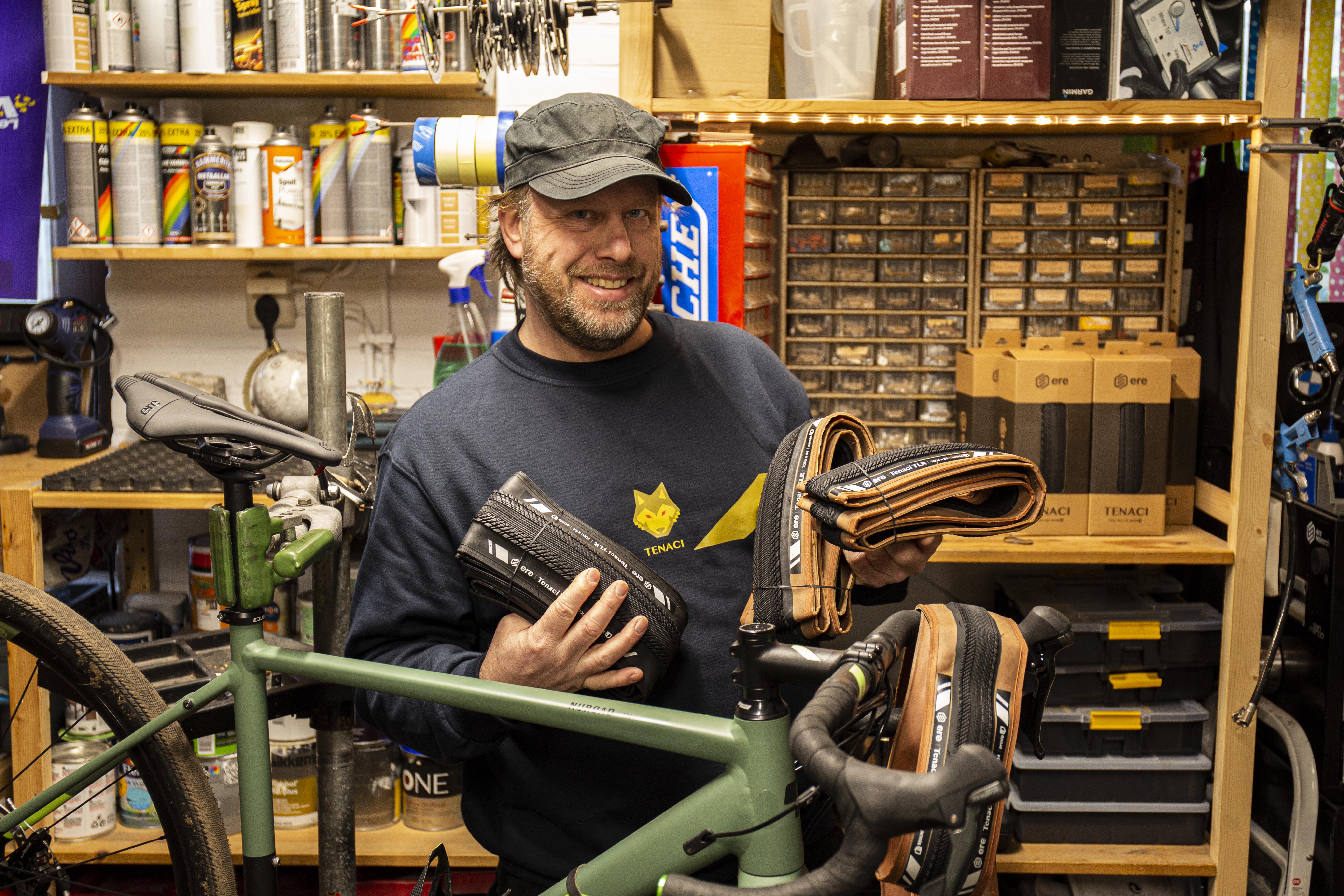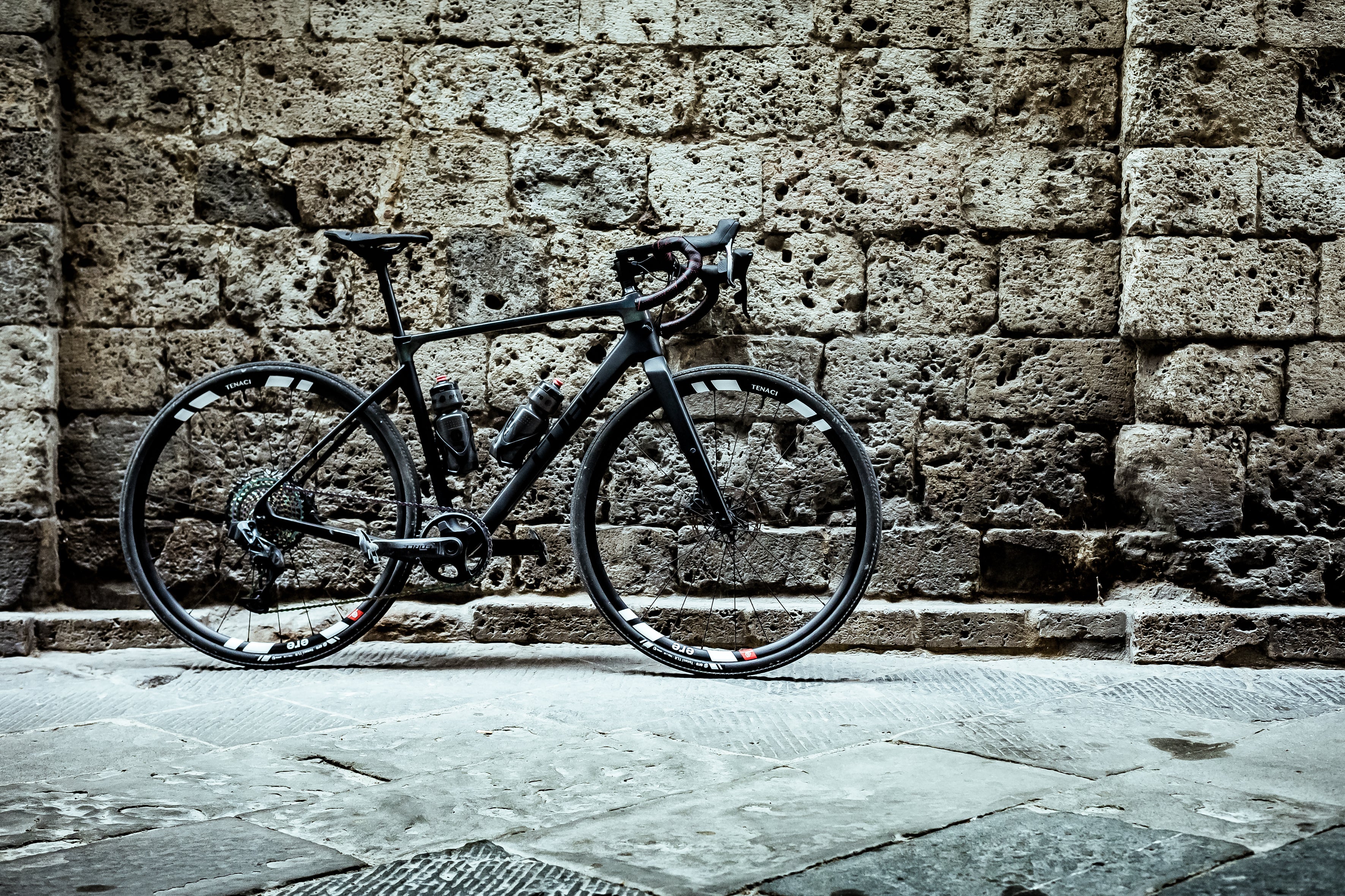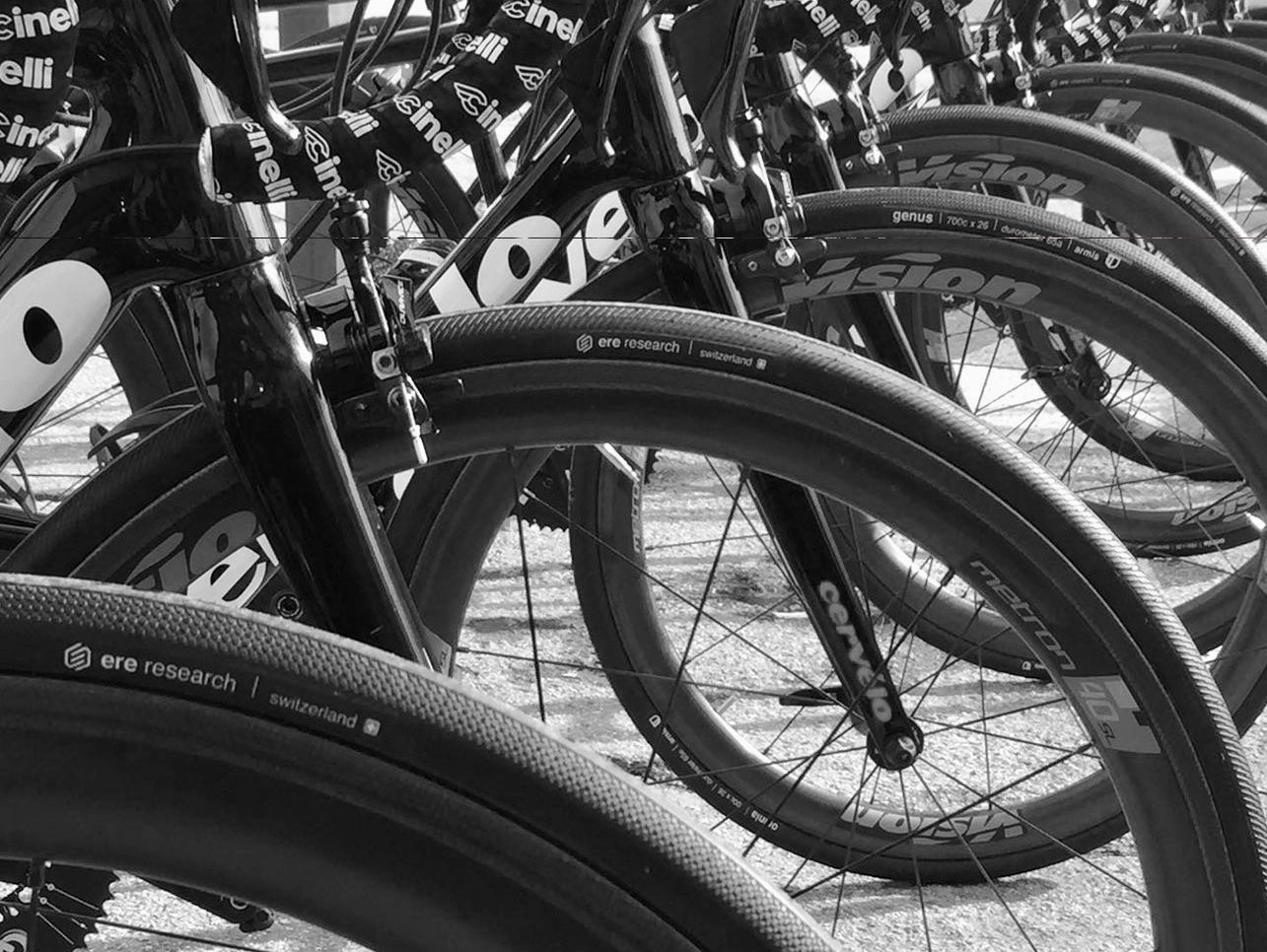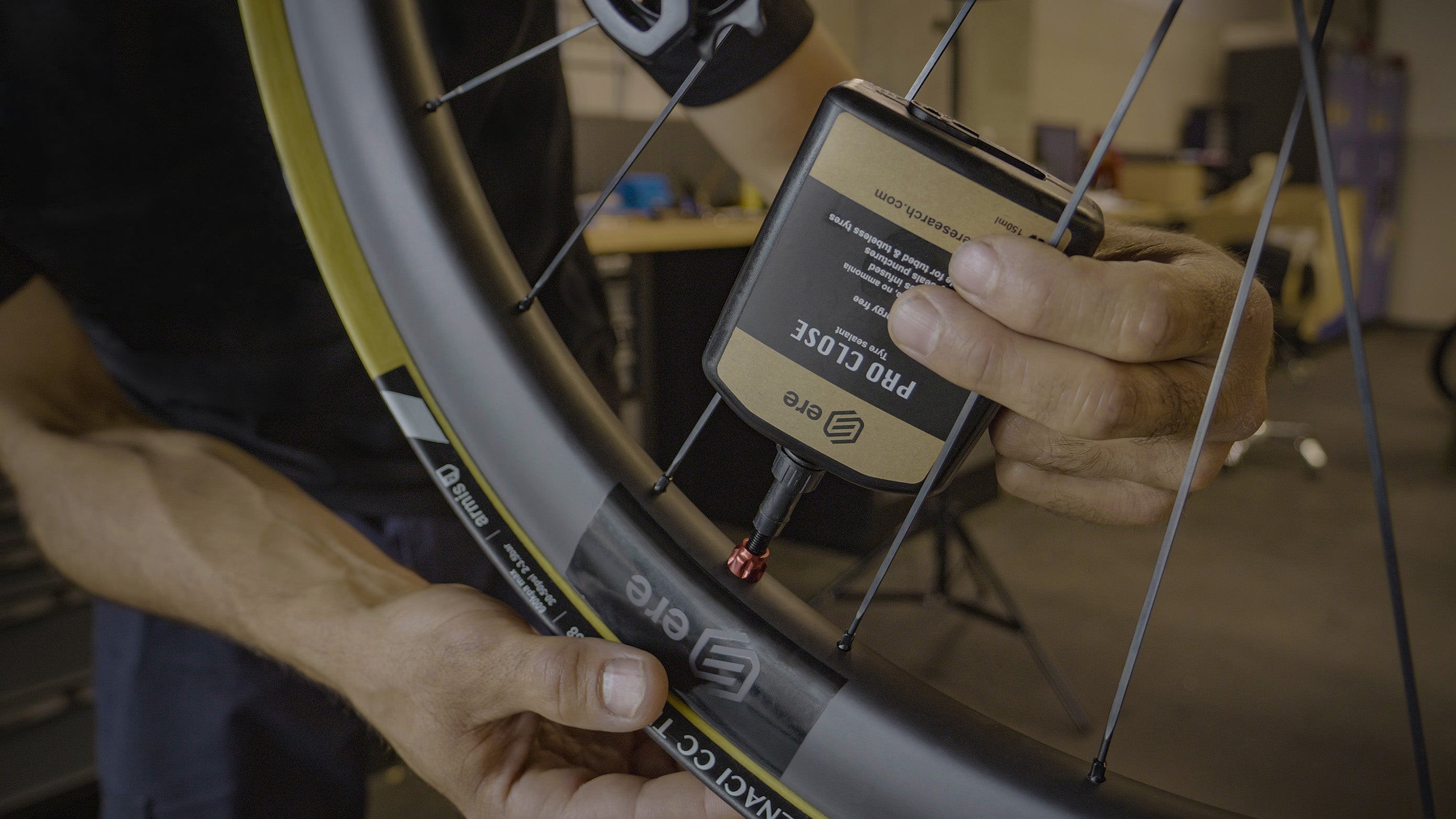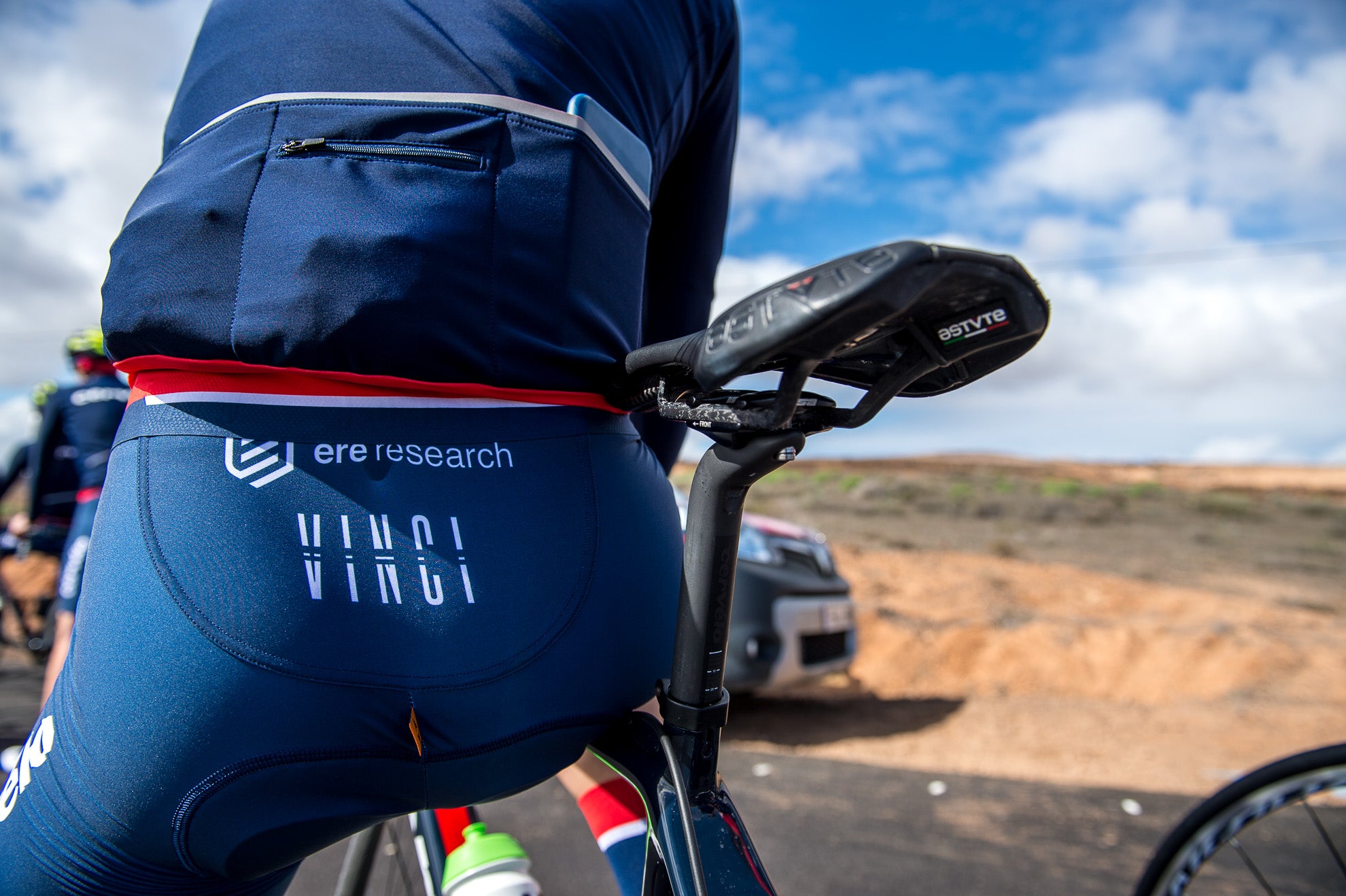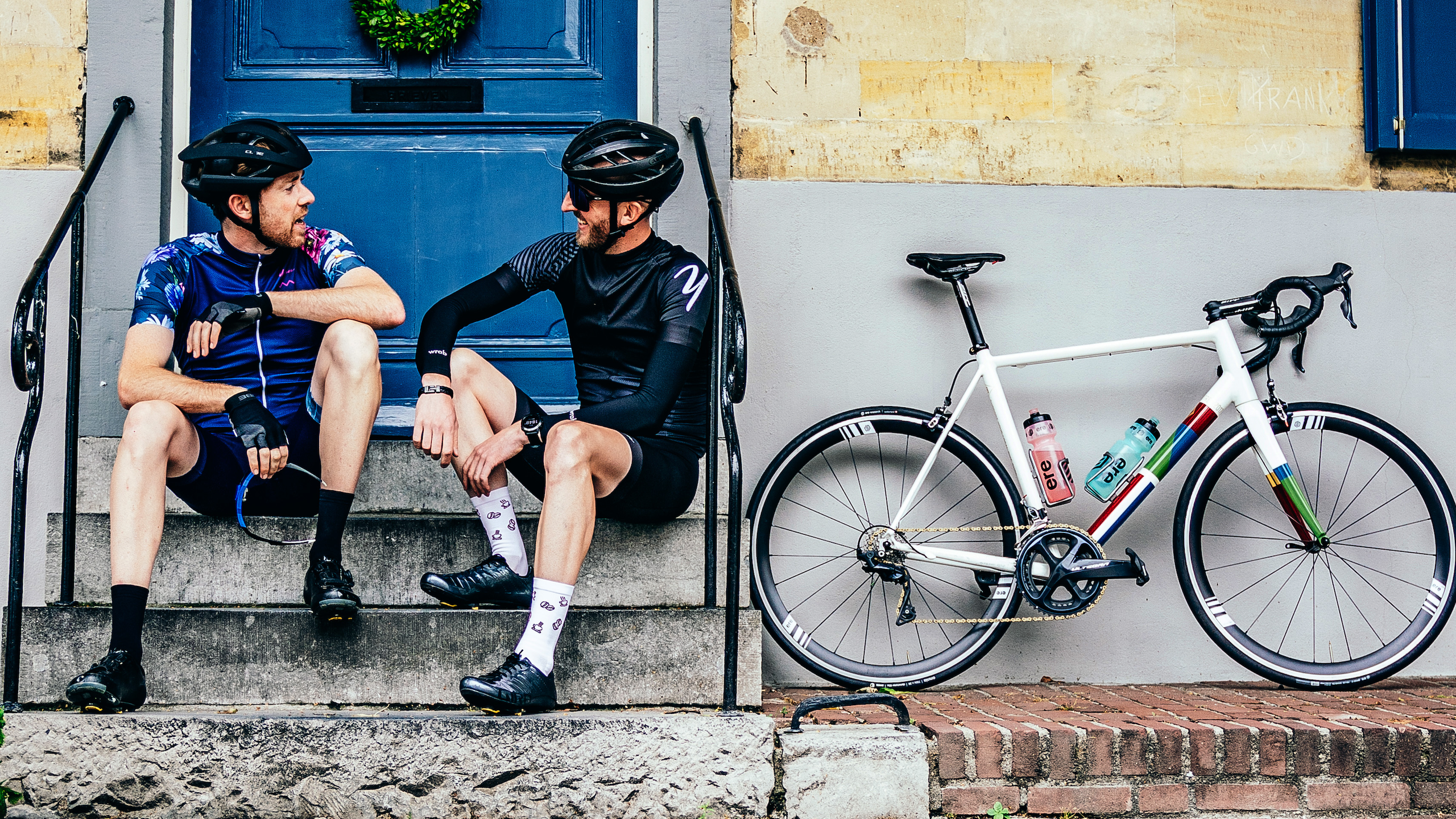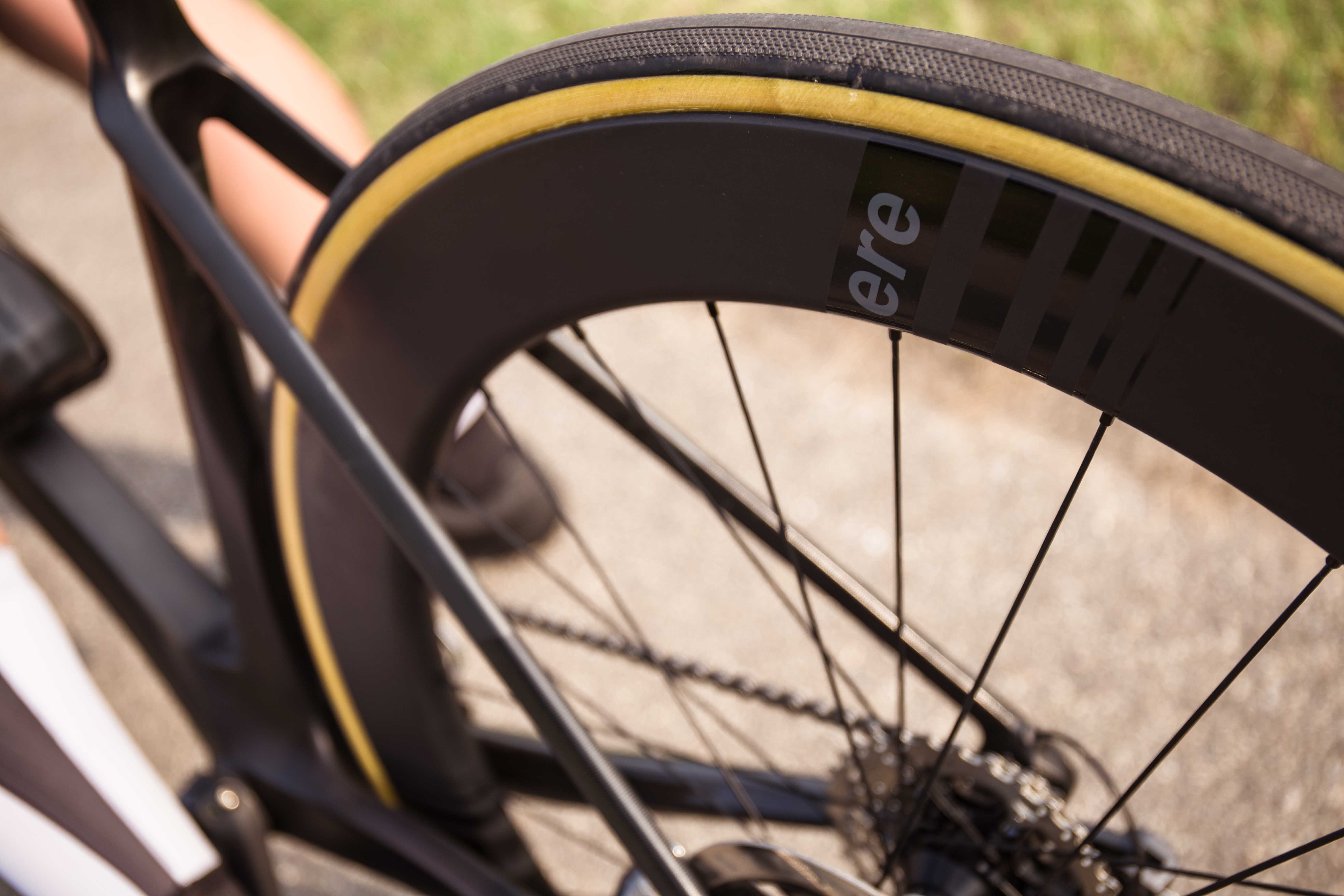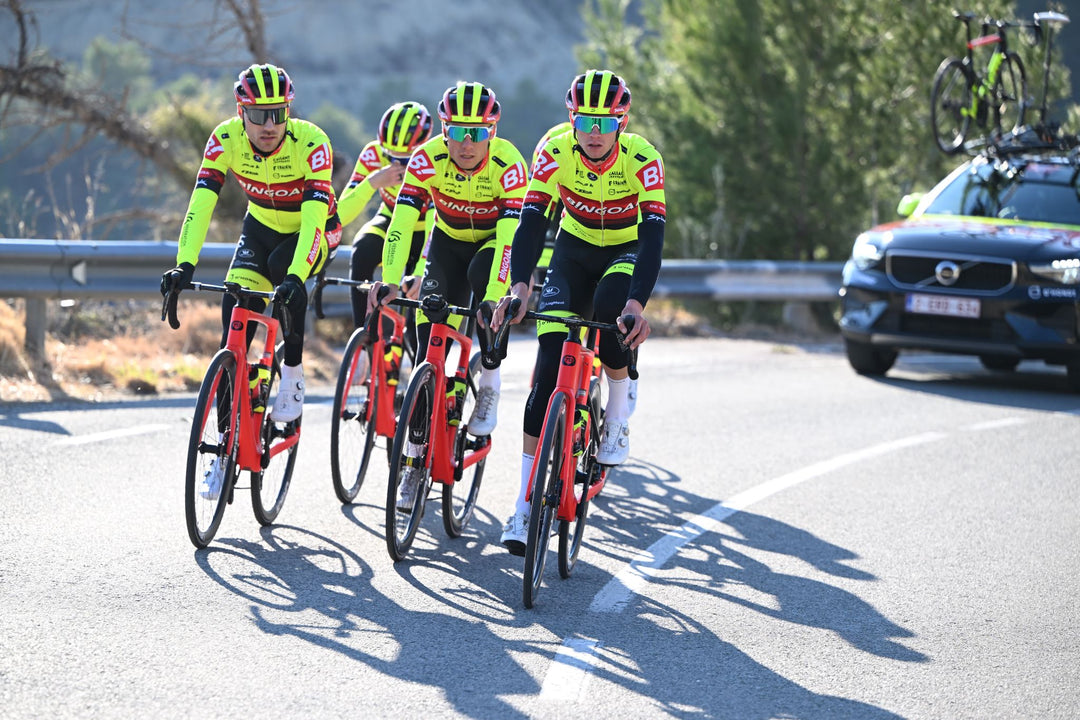We see the question many times in our mailbox or chat: What is the difference between handmade tires and machine-made tires? There is no clear answer and every rider will make their own choices based on budget, appearance, performance and comfort. However, there is a reason handmade tires are the weapon of choice for many pro-riders in the WorldTour peloton.
Handmade tires normally have a high threads-per-inch (TPI) carcass. TPI stands for "threads per inch" and refers to the number of threads that are woven into the casing of a road bike tire. The higher the TPI, the more threads that are woven together, which creates a more supple and flexible casing.
Ere Genus Pro tires use a 320 TPI weave, there are 320 threads per inch woven into the tire casing. This high TPI count allows a greater degree of flexibility, which will provide a smoother and more comfortable ride.
In addition, the high TPI count will also reduce rolling resistance and improve handling, making it a popular choice for racing and high-performance road cycling. This is the most important factor why handmade tires are the Pro's choice.
However, it's worth noting that a higher TPI count doesn't necessarily equate to better performance, as other factors such as the quality of the rubber compound and construction methods can also impact a tire's overall performance. For Ere tires we always use a base of our 65a durometer rubber compound. Praised for both grip, traction and low rolling resistance, the 65a also has a high puncture protection level.
For our CCR we created a softer compound, increasing grip and traction, especially in wet conditions. The CCX tire rubber is infused with CarbonX material to further lower rolling resistance and at the same time improve puncture protection and wear resistance.
While handmade road bike tires are often praised for their high-quality construction and great riding characteristics, there are some potential disadvantages to consider as well.
Cotton is a natural product and in wet conditions the moist can influence the color of the skinwall versions. In the drying process they can turn grey-green due to molding. This does not affect the tire performance. If you want to minimize maintenance, take a look at the black version that has a classic look with all the benefits of handmade cotton tires.
Finally, handmade road bike tires may require more careful handling and maintenance than machine-made tires. They may be more susceptible to punctures or other damage, and may require more frequent inspections and cleaning to maintain their quality and performance.
Cotton handmade 320 TPI road bike tires are often seen as a premium option due to the time and effort required to produce them. Well worth it for serious cyclists who demand the best in terms of performance and durability. With proper care and maintenance, these tires can provide many miles of smooth and reliable riding.




